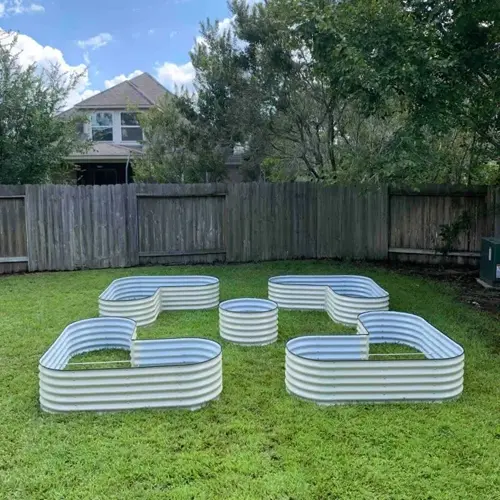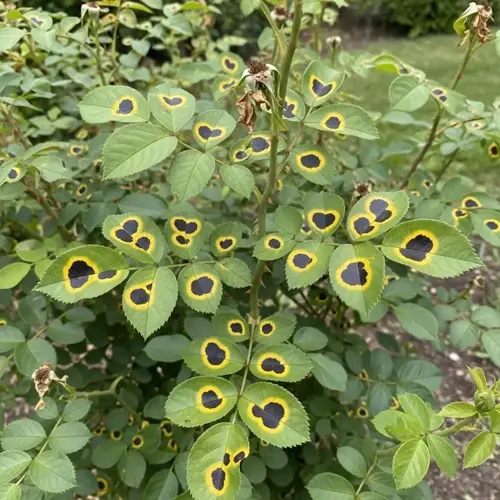Does vinegar eliminate scale insects?

Written by
Liu Xiaohui
Reviewed by
Prof. Martin Thorne, Ph.D.Many home gardeners wonder about using vinegar for scale control and have come to me after hearing about home remedies. I have used vinegar solutions quite regularly and have found that they provide much more harm than good. The acetic acid in vinegar burns the leaf tissues of the plants. Still, it does not penetrate the waxy covering of the scale. Most of the time, using vinegar will harm the plant without reducing the population.
Penetration Failure
- Vinegar cannot dissolve protective waxy covers
- Acidity neutralizes before reaching the insect
- Scales remain protected under their shells
Plant Damage Risk
- Acetic acid burns leaf tissues causing necrosis
- Disrupts soil pH harming beneficial microbes
- Repeated applications weaken plant defenses
Lack of Scientific Support
- No university studies confirm vinegar effectiveness
- Extension services universally recommend against it
- Controlled trials show 0% mortality rates
Using vinegar in concentrations strong enough to eliminate scales can damage or even destroy your plants. I learned this the hard way when a 50% solution of vinegar killed the leaves of my miniature rose overnight. The scales were unharmed underneath their shields, while the plant was badly burned by chemicals.
Horticultural oils are used to physically asphyxiate scales without introducing chemical toxicity. These refined petroleum or plant-based oils are effective because they coat and block the breathing pores of the insects. I use dormant oil sprays during late winter, before bud break. Dormant oils effectively manage overwintering scales without harming beneficial insects.
Insecticidal soaps have been proven to effectively control soft-bodied crawlers without the drawbacks present when using vinegar. The potassium salts in insecticidal soaps dissolve the protective waxes of insects that come into contact with the insecticidal soap. I typically use insecticidal soap early in the morning to avoid burning the leaves. There are no harmful residues left when using insecticidal soap, unlike when using vinegar. Insecticidal soaps also decompose rapidly in the environment.
To address a long-standing infestation, I will employ a combination of methods. First, cut back branches that are heavily infested with pests. Next, apply horticultural oil during the dormant period. Finally, contact and kill the emerging crawlers with a mixture of insecticidal soap and water. This integrated method effectively addressed my magnolia scale infestation, whereas vinegar experiments had failed.
Read the full article: Mastering Scale Insect Identification: A Complete Guide

